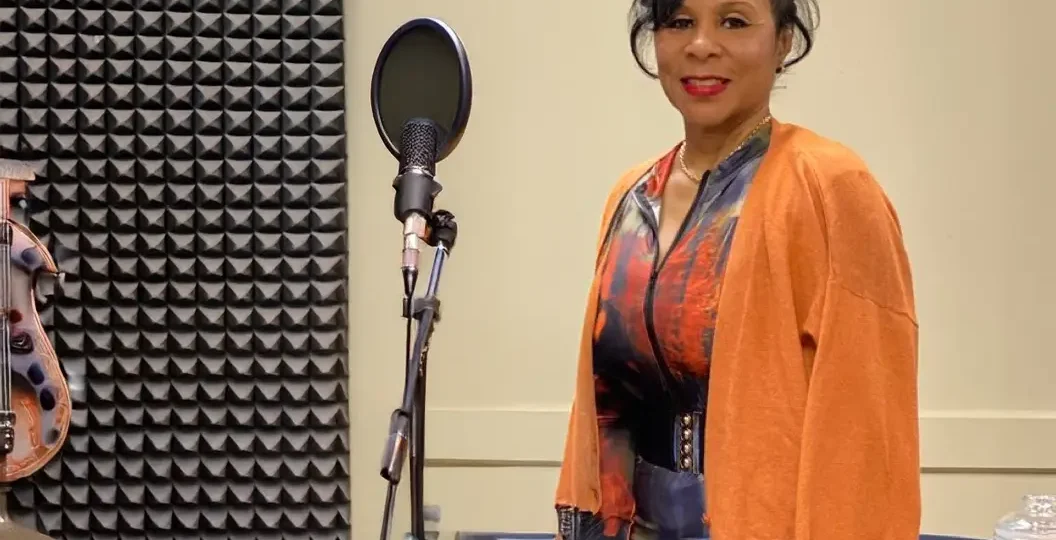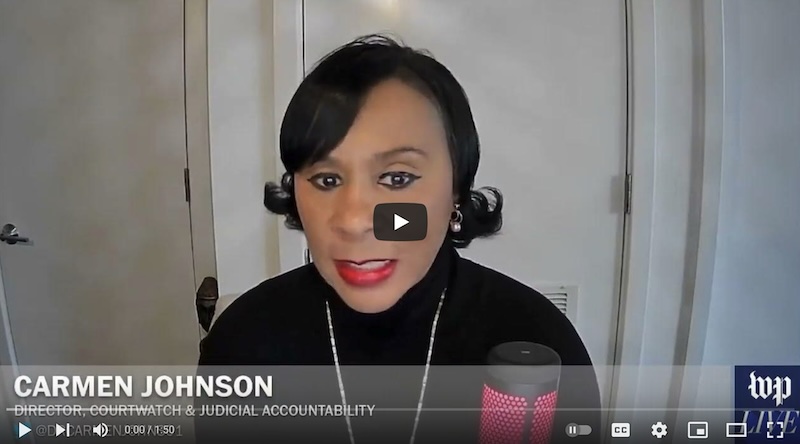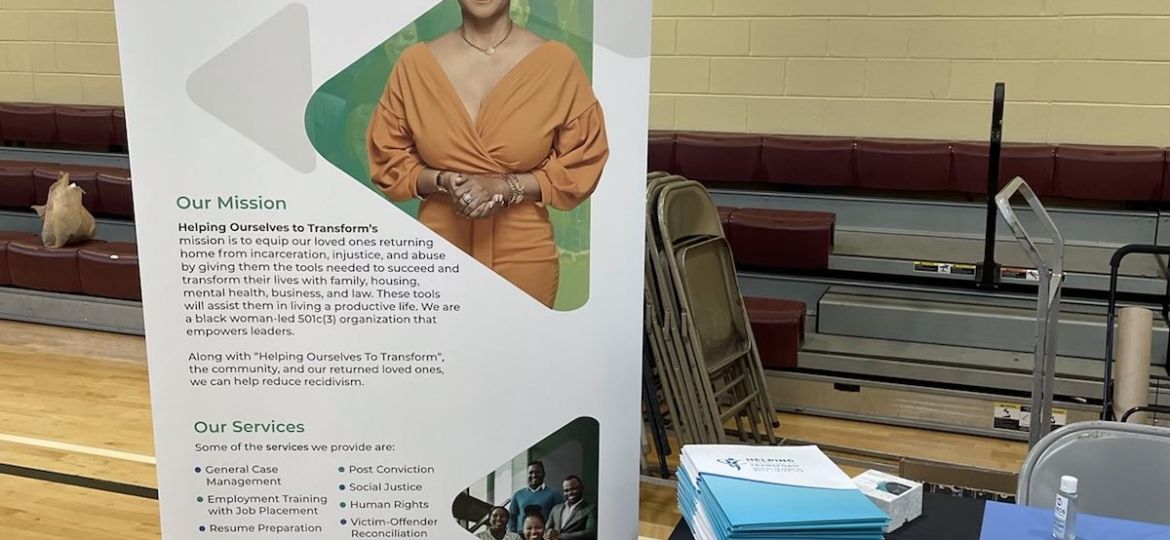This week on Say Their Name, host @chriscolbertreport , speaks with @dr.carmenjohnson , revealing the transformative power of @courtwatchpg , a community oversight program reshaping bond hearings and empowering citizens.
Media
In this inspiring episode titled, “Transforming Pain into Purpose: Dr. Carmen Johnson’s Crusade for Justice”, we delve into the journey of Dr. Carmen Johnson, a resilient advocate and change-maker who has spent over 25 years fighting for social justice and community empowerment. Having turned a personal tragedy into the fuel for her advocacy, Johnston holds the justice system accountable through her role as Director of Court Watch and Judicial Accountability, a program under Life After Release.
“We are building a loving, peaceful, army that all we want is justice. We don’t want fights. We don’t want anyone to go to jail … Just fighting for the rights that belong to the people is what this national Courtwatch hub is going to do.” – Carmen Johnson
Post-conviction relief became more accessible to individuals behind bars primarily through legislative reforms and court rulings, especially over the past few decades. Significant changes occurred with the implementation of laws such as the Anti-terrorism and Effective Death Penalty Act (AEDPA) of 1996, which, despite its restrictions, standardized post-conviction procedures. Additionally, state-level reforms, including the First Step Act of 2018, expanded access to post-conviction relief, particularly for those serving federal sentences. Accessibility has also increased through the work of advocacy groups and legal aid organizations that focus on post-conviction rights.
A group of volunteer court observers across the country is coming together to launch a new national network to observe bail review hearings and other legal proceedings. Join Courtwatch PG director Carmen Johnson and Grammy-winning artist Fiona Apple, a volunteer court observer in Prince George’s County, Md., to discuss their push for more transparency and accountability in courtrooms nationwide.






